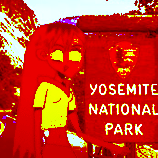Sign in to follow this
Followers
0

Billboard 2017 - Cover & Full Transcript of Interview
By
salvatore, in New Interviews
-
Recently Browsing 0 members
No registered users viewing this page.
